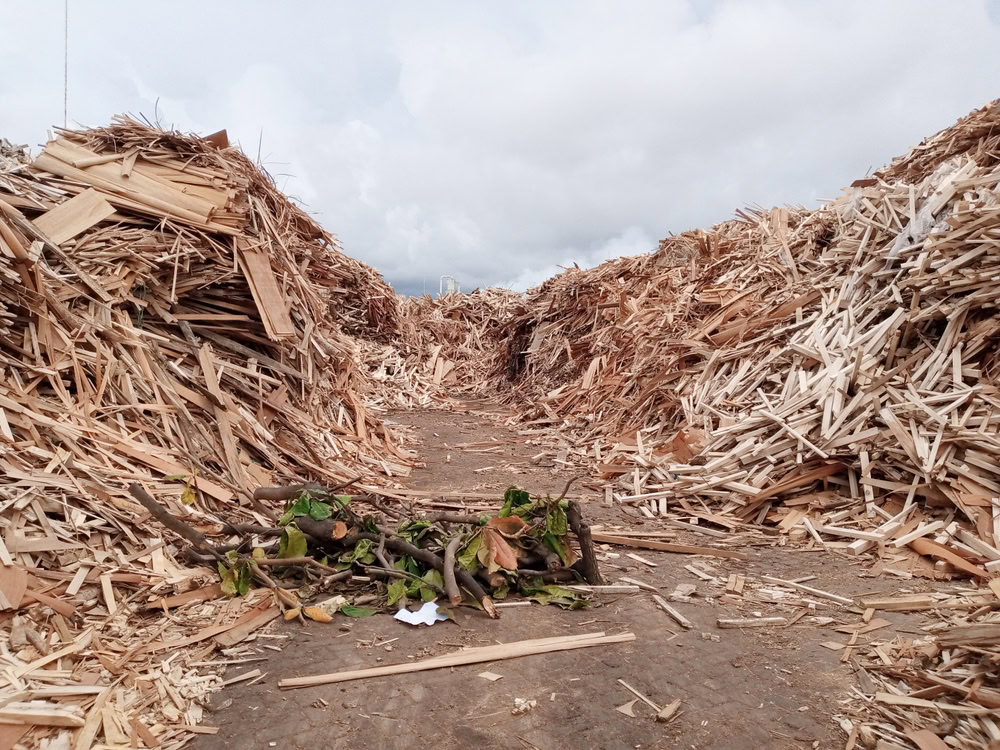The Renewables Obligation regulations are expected to be introduced early in 2003, ruling that 10% of UK electricity sales will have to be from renewable energy by 2010 – a massive increase on the current 1.5%. Since the use of waste wood as a fuel counts as renewable energy, wood recyclers will see a potentially huge new market opening up in the next few years.
The Wood Recyclers' Association has already been looking into the issue, with members receiving a presentation from Charles Donovan, the climate change policy and strategy manager from consultancy firm Enviros.
Speaking to letsrecycle.com, Mr Donovan said that there would be “compelling opportunities” for wood recyclers with the arrival of the biomass market, although he cautioned that this wouldn't all happen overnight. He said: “A lot of work is needed on understanding the opportunities for using wood as a biomass, but the potential source of demand for recyclers would be enormous. It will be very attractive for wood recyclers – biomass could equal or exceed the demand from the board mills.”
Tonnages
Mr Donovan explained that the tonnages required by biomass power stations are hard to gauge at this point, since they depend on the fuel efficiency and size of the facilities. Biomass power stations could vary from 1 MW plants to 1,000 MW plants, although the larger facilities would be co-fired stations using coal as well as biomass. But Mr Donovan said that expectations are that plants will take anything from 5,000 tonnes per annum to 250,000 tonnes.
Supplies of waste wood could even be shipped in from overseas to meet the demands of the biomass industry, the Enviros consultant said, adding that such a prospect would help plants guard against the risk of possible problems with domestic supply. But Mr Donovan said that there is a very large resource in the UK, and this would be the “primary supply source”.
Difficulties
The biomass sector is unlikely to be a golden goose scenario for wood recyclers. Packaging waste recovery notes (PRNs) from recycled packaging wood used as biomass would be issued by the power generators and quality standards for material going to biomass are likely to be every bit as stringent as those required by the board mills.
Mr Donovan said: “There are important questions that need to be addressed, like the quality of the wood that can be combusted. But the renewables obligation is active, the biggest constraint now is facilitating the communication between the two industries – the power generators and the wood sector.”
Wood recyclers are generally very encouraged at the possibilities of biomass, but Rick Wilcox, secretary of the Wood Recyclers Association, explained to letsrecycle.com that there is a lot of preparation to carry out before the benefits can be reaped.
“Biomass to energy generation represents a significant potential market, but a lot depends on the economics and a lot of development will be needed before we venture down that route,” Mr Wilcox said. “However, at a time when 95% of chipped wood goes to board makers, any industry with all its eggs in one basket will see another market opening up as a good thing.”





Subscribe for free